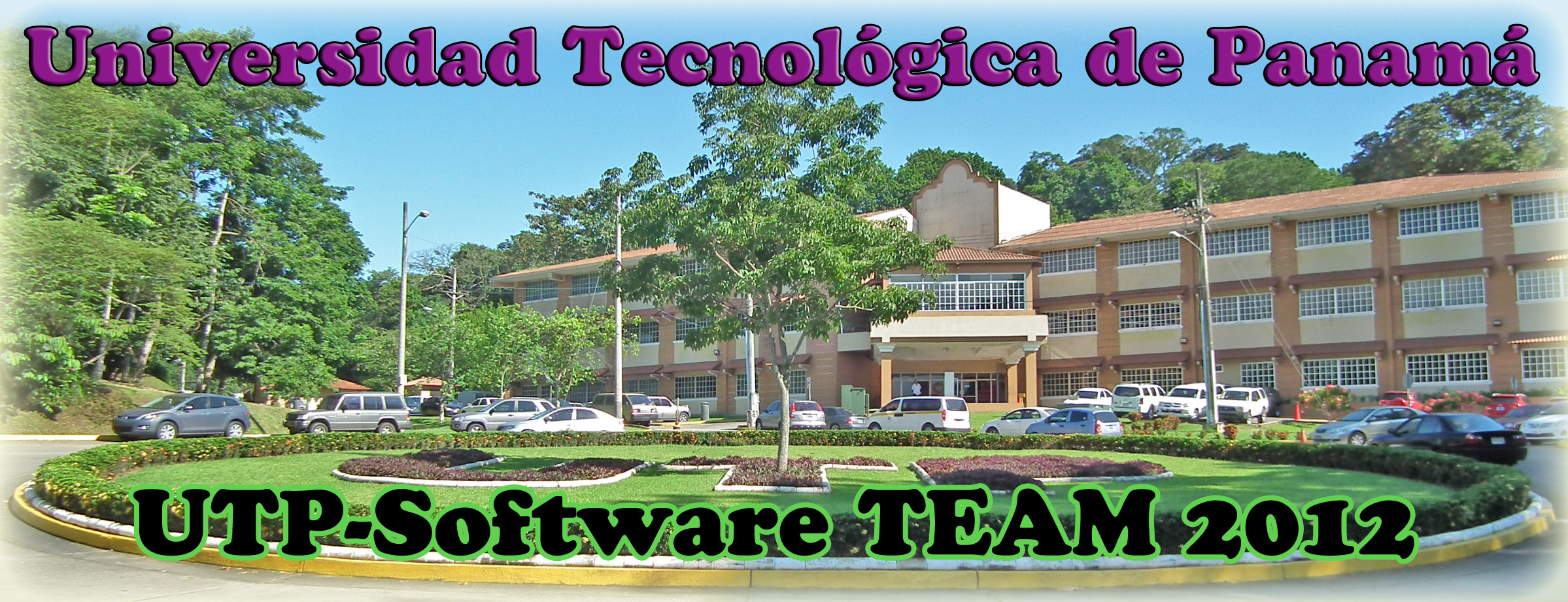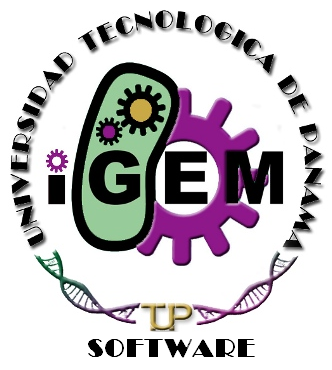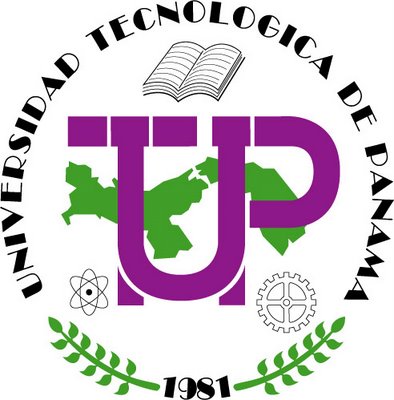|
|
| Line 1: |
Line 1: |
| | {{Team:UTP-Software/utptemplate2}} | | {{Team:UTP-Software/utptemplate2}} |
| | | | |
| - | =='''OVERVIEW'''== | + | == Our Project Abstract<sup>1</sup> == |
| - | <div align="justify">New iGEM teams in many countries lost valuable time facing and doing sequence analysis (that could include human errors). Our team realized a series of meeting with past iGEMers to create tools that could save time, and for students with non-familiar biological backgrounds ways to help them to verify and take decisions. | + | |
| | | | |
| - | When dealing with assembly standards methods (in our case Biobricks), requires to have in mind always the restriction enzymes involved (which is not the common way to think for new iGEMers!). This is fundamental in iGEM, but some people consider it a limitation, because it limits the amount of genes that we can use.
| + | <div align="justify">A program to help new IGEM teams with assembly standards selection, and site-directed mutagenesis for primers development in case of incompatibility, is this year UTP-Software team project. S<sup>2</sup>MT as we called it, applies “QuikChange Site-Directed Mutagenesis” [1] considerations for the design of mutagenic primers and gives users the resources to avoid restriction sites, making their designs compatible with IGEM standards. |
| | + | Our team is also interested in the development of a tool to help teams and researchers to work and study the production of biofuels through synthetic biology. This will be done by analyzing routes from the substrates for the reactions, and then identify the responsible genes for each enzymatic reactions that could produce these biofuels. The target biofuels are biohydrogen, bioethanol, biodiesel and methane. |
| | | | |
| - | In practice when teams find sequences that can’t be introduced in their chosen Biobricks Standard, they usually take either one of these paths:
| + | ---- |
| - | <ul> | + | <sup>1. Updated Abstract</sup> |
| - | <li>Non-biological background teams abandon the gene and change it.</li>
| + | |
| | | | |
| - | <li>By the other hand, experienced teams, make mutations in their sequence to allow it to match with some desired BB standards.</li>
| |
| - | </ul>
| |
| - | This mutagenesis process is in some case too complicated to deal for new teams, as we say it, then these teams maybe change potentially great applications, due to this little technical problem.
| |
| | | | |
| - | The engineers of the UTP-Software team addresses this problem developing our SynBio Sequence Mutation Tool (S2MT), for us a great challenge, but an interested journey to collaborate with other iGEMers in the world.
| + | == About our University == |
| | + | [[File:Utp.jpg|70px|left]] |
| | + | ==== Universidad Tecnologica de Panamá==== |
| | + | Web Site: http://www.utp.ac.pa/ <br> |
| | | | |
| - | Our SynBio Sequence Mutation Tool was made to quickly analyze sequences and,
| |
| - | <ul>
| |
| - | <li>Determine standards Biobricks Compatibility.</li>
| |
| - |
| |
| - | <li>Suggest Primers that will help solve the compatibility issues.</li>
| |
| - | </ul></div>
| |
| - |
| |
| - |
| |
| - | <h2>Abstract<sup>1</sup></h2>
| |
| - |
| |
| - | <div align="justify">A program to help new IGEM teams with assembly standards selection, and site-directed mutagenesis for primers development in case of incompatibility, is this year UTP-Software team project. S<sup>2</sup>MT as we called it, applies “QuikChange Site-Directed Mutagenesis” [1] considerations for the design of mutagenic primers and gives users the resources to avoid restriction sites, making their designs compatible with IGEM standards.
| |
| - | Our team is also interested in the development of a tool to help teams and researchers to work and study the production of biofuels through synthetic biology. This will be done by analyzing routes from the substrates for the reactions, and then identify the responsible genes for each enzymatic reactions that could produce these biofuels. The target biofuels are biohydrogen, bioethanol, biodiesel and methane.
| |
| | | | |
| | + | == References == |
| | [1]. Wang, W.; Malcolm, B. A. 1999. Biotechniques. 26:680-682.</div> | | [1]. Wang, W.; Malcolm, B. A. 1999. Biotechniques. 26:680-682.</div> |
 "
"


